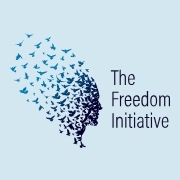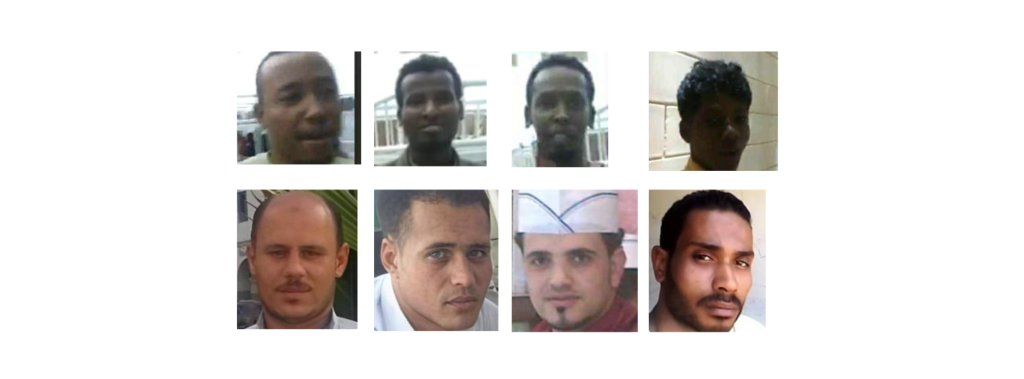(Washington, DC) — Today, the Project on Middle East Democracy and 16 other organizations issued the following statement on the two-year anniversary of the Saudi government’s detention of some of the country’s leading women’s rights advocates.
Two years ago, the government of Saudi Arabia, under the day-to-day rule of Crown Prince Mohammed bin Salman, began its first wave of arrests of several of Saudi Arabia’s most prominent women’s rights activists, journalists, and bloggers just before the kingdom was preparing to end its ban on women driving. By arresting the very women—including Nouf Abdulaziz, Loujain Al-Hathloul, Eman Al-Nafjan, Hatoon al-Fassi, and Aziza al-Yousef—who had long peacefully advocated for the right to drive and other basic rights, as well as at least four men who supported their efforts, the Saudi government sent the chilling message that any expression of dissent or effort to improve the rights of Saudi citizens would be harshly punished.
The Saudi authorities then instigated a defamation campaign in the media, calling the peaceful activists “traitors.” Many of those arrested were then subjected to imprisonment, solitary confinement, sexual assault, and other forms of torture—including through the use of electric shocks, whipping, caning, and waterboarding.
Nearly a year later, in March 2019, the Saudi authorities opened trials against eleven of the detainees, partly based on charges related to sharing information about women’s rights with diplomats, journalists, and human rights organizations. The trials have been marked by a striking lack of due process: The defendants were not informed of the charges against them prior to the trial; they were not allowed to speak during the hearings; and their lawyers and foreign journalists were barred from attendance.
Despite numerous international calls—from the U.S. Congress, the European Parliament, and the United Nations Human Rights Council—for the unconditional release of the detainees, Saudi authorities have conducted even more arrests. And now, as Amnesty International reports, there are 13 women’s rights activists entangled in sham trials. At least five—Nouf Abdulaziz, Samar Badawi, Loujain al-Hathloul, Nasema al-Sada, and Maya’a al-Zahrani—are still in prison, and at least eight others are temporarily released but still face charges. (Aziza Al-Yousef’s son, Salah Al-Haidar, is one of at least two American citizens wrongfully detained in Saudi Arabia, the other being journalist Bader al-Ibrahim.)
The prosecution of these peaceful activists is only one part of a broader campaign of repression under Mohammed bin Salman that includes the arrests of numerous other peaceful activists, journalists and intellectuals, the murder of self-exiled journalist Jamal Khashoggi, the execution of other Saudi citizens for participating in nonviolent protests, and a catastrophic intervention in the Yemen war. It is particularly galling that Saudi Arabia is campaigning to win a seat on the UN Human Rights Council in October and is preparing to host the G-20 Summit in November while ignoring the demands of Saudis and the international community to rectify these and other human rights violations.
We, the undersigned, call on Saudi authorities to end their campaign to silence dissent and repress freedom of expression, release all prisoners of conscience, and immediately and unconditionally drop legal charges against them. We, furthermore, call on the U.S. government and other governments to press for the release of these women’s rights activists, journalists, and all other prisoners of conscience, and to re-evaluate their relationships accordingly, including the question of participation in this year’s Saudi-led G20 Summit.
Signed,
ALQST for Human Rights
Americans for Democracy & Human Rights in Bahrain
Amnesty International USA
Article 19
Center for International Policy
CODEPINK
Committee to Protect Journalists
Demand Progress Education Fund
Freedom Forward
The Freedom Initiative
Gulf Centre for Human Rights
Human Rights First
James W. Foley Legacy Foundation
PEN America
Project on Middle East Democracy
Reporters Without Borders
Women’s March Global
# # #




|
Saudi Arabia Executed a Prominent Journalist who Exposed Corruption. The World Should Act Before Other Dissidents are Next.